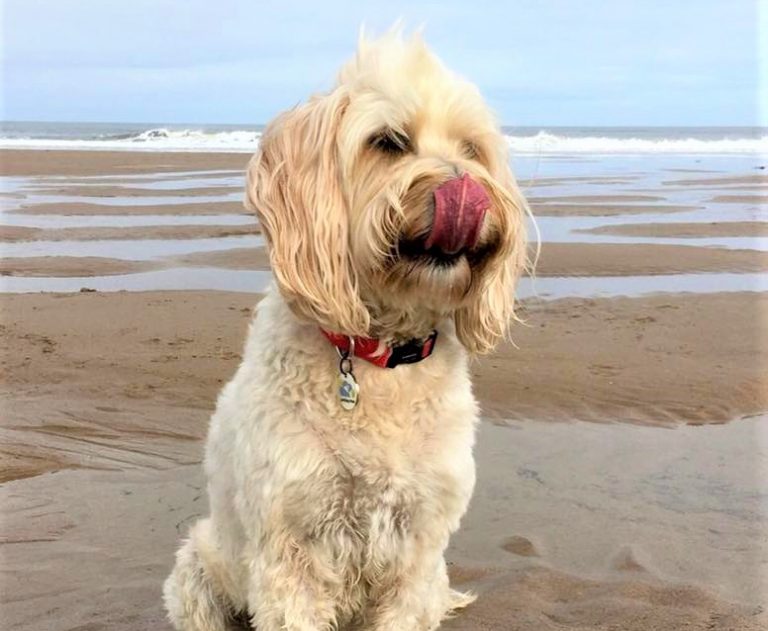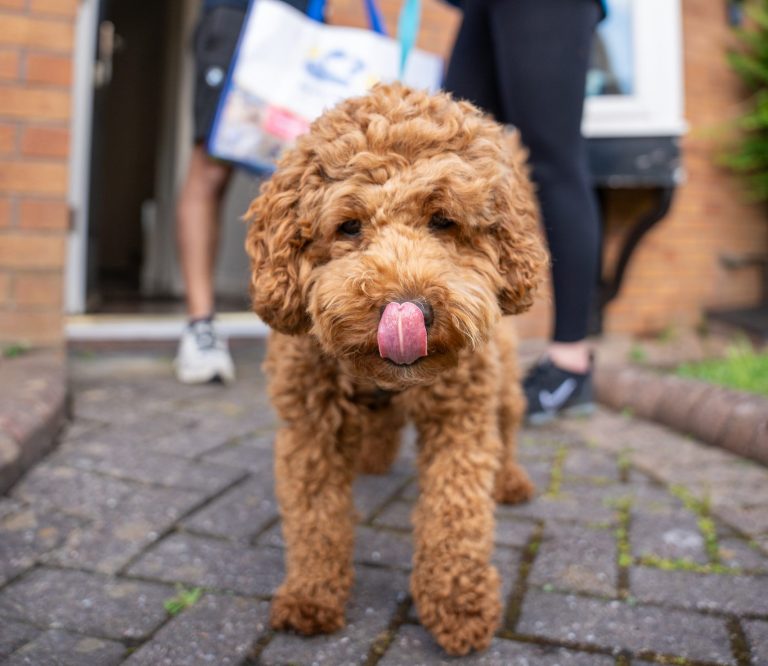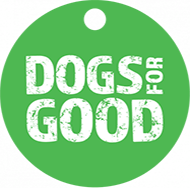Dog Constantly Licking Lips: What Does It Mean?
If your dog keeps licking their lips, you might think they’re hungry or remembering a tasty treat. But lip licking in dogs is more than just a sign of food anticipation. It’s also an important part of canine body language.
Why does my dog keep licking his lips? The answer depends on when, where, and how often your dog is licking. In this article, we’ll explore the common reasons dogs lick their lips, both behavioural and medical, when to be concerned, and how you can help your four-legged friend.
Why Do Dogs Lick Their Lips?
Dogs lick their lips for a variety of reasons. Sometimes it’s nothing to worry about, but in other cases, it may signal discomfort, anxiety, or illness.
Common reasons include:
- Anticipation of food or treats
- Removing irritants like crumbs, sand, or dirt
- A way of calming others (both people and dogs)
- Responding to stress, pain, or medical conditions
Understanding why your dog is licking lips a lot comes down to observing the bigger picture.

Behavioural Reasons for Lip Licking in Dogs
A dog licking lips can often be sending a social signal.
- Appeasement and submission: Dogs may lick their lips to diffuse tension during interactions.
- Calming signals: When another dog is too boisterous, a quick lip lick may be their way of saying “calm down.”
- Stress or anxiety: Dogs often lick their lips when they feel uncertain, fearful, or out of place.
The University of Bristol’s Veterinary School notes: “Dogs often lick their lips when given a treat, but lip-licking is also shown when a dog feels uncertain, anxious or fearful.”
Medical Reasons: Why Does My Dog Keep Licking His Lips?
Sometimes, constant lip licking points to an underlying health issue. This may include:
- Dental problems – Gum disease, tooth decay, or oral injuries causing discomfort.
- Nausea or digestive issues – Accompanied by vomiting, diarrhoea, or loss of appetite.
- Reflux or stomach upset – Including gastroesophageal reflux, intestinal obstruction, or pancreatitis.
- Systemic illness – Conditions such as liver or kidney disease, or Addison’s disease, may present with nausea and lip licking.
- Dietary changes – Sudden changes in food can upset digestion and trigger unusual behaviour.
If your dog is licking lips non-stop, especially alongside other symptoms, a veterinary check-up is recommended.
When to Be Concerned if Your Dog Is Constantly Licking Lips
Occasional lip licking is normal, but excessive or repetitive lip smacking in dogs should prompt attention. Warning signs include:
- Persistent lip licking combined with other symptoms (vomiting, diarrhoea, lethargy).
- Obvious dental pain – redness, swelling, or broken teeth.
- Changes in behaviour – new anxiety, avoidance, or restlessness.
- Signs of pain – limping, stiffness, or sensitivity when touched.
If your dog keeps licking lips and seems unwell, book a vet appointment promptly.
How to Help a Dog That Keeps Licking Its Lips
Depending on the cause, you can support your dog in different ways:
- Always seek veterinary advice to rule out medical issues.
- Create a calm, predictable environment to reduce stress.
- Regular dental checks and teeth cleaning reduce mouth discomfort.
- Remove irritants like sand, dust, or leftover food particles.
Sometimes, the behaviour resolves with reassurance and comfort. Other times, veterinary intervention is essential.
Lip Licking in Older Dogs
If your older dog is licking lips constantly, it could be their way of coping with discomfort or illness.
Common reasons include:
- Dental disease
- Arthritis or joint pain
- Age-related stress
In these cases, professional veterinary assessment is especially important.
At Barking Mad, we know how important it is to understand and care for your dog’s wellbeing. As the UK’s leading dog sitting service, we offer experienced, home-from-home care when you need it most. With branches across the UK and now in Ireland, you can find your local branch here.
You may also like: Hay Fever in Dogs: Signs & Treatment
Please note: Barking Mad, the UK’s leading home dog boarding provider, assumes no liability for the content of this page. This advice is only intended as a guide. Please contact your local veterinary practice immediately if you are worried about your dog’s health. Vets always have an out-of-hours service if needed.





